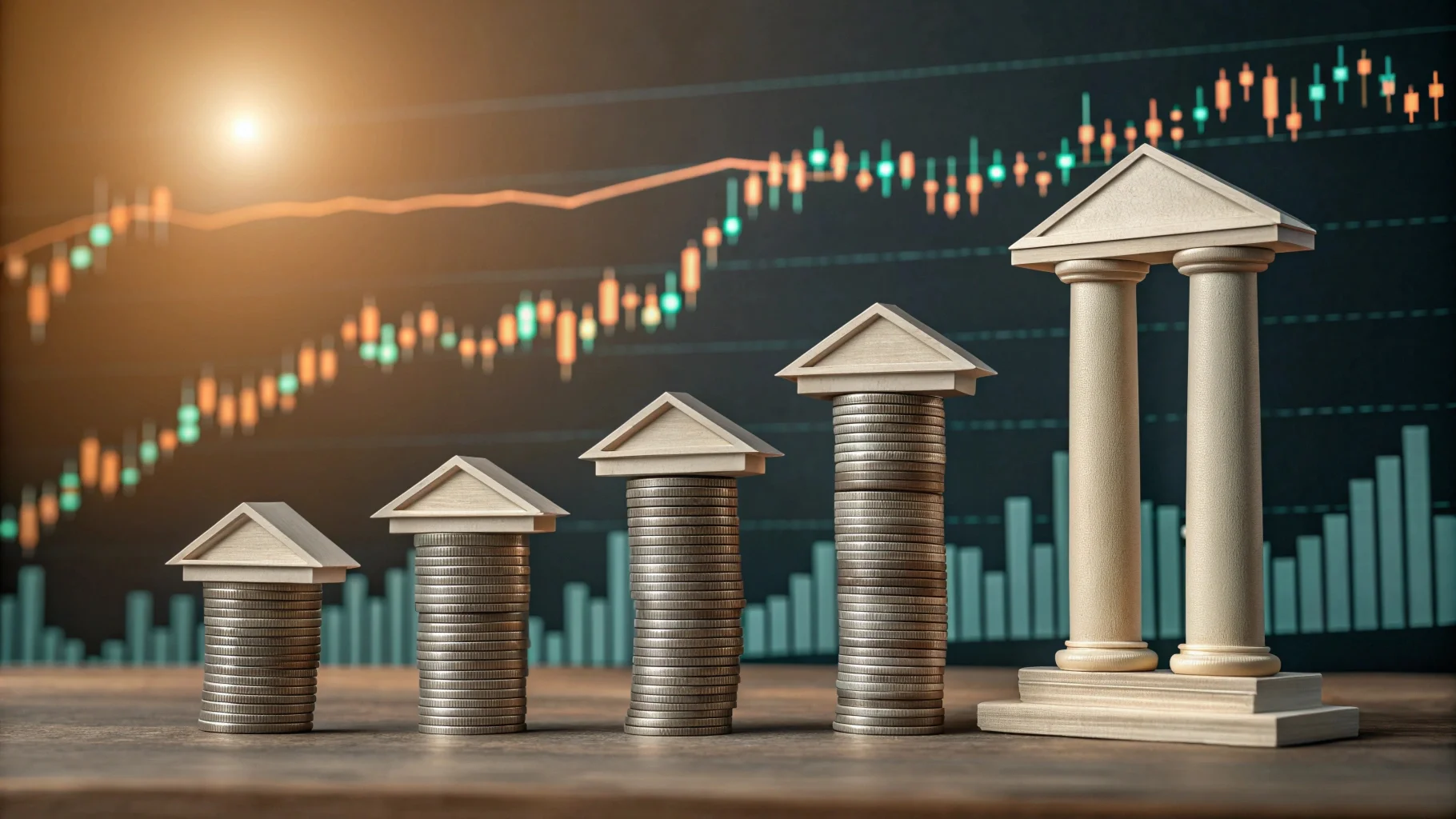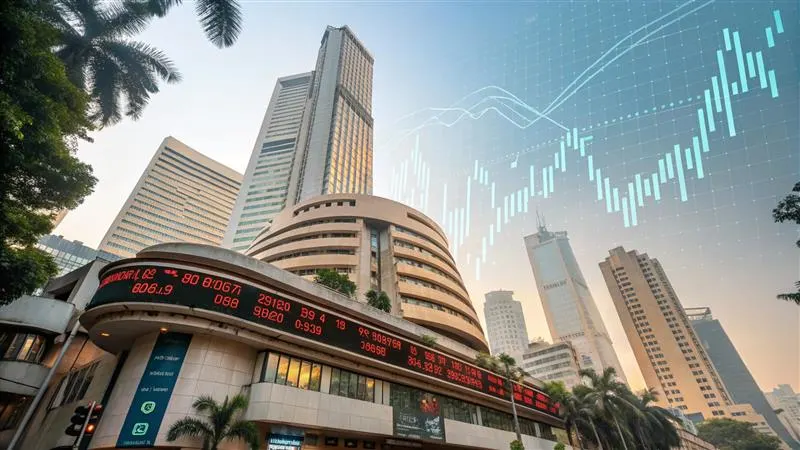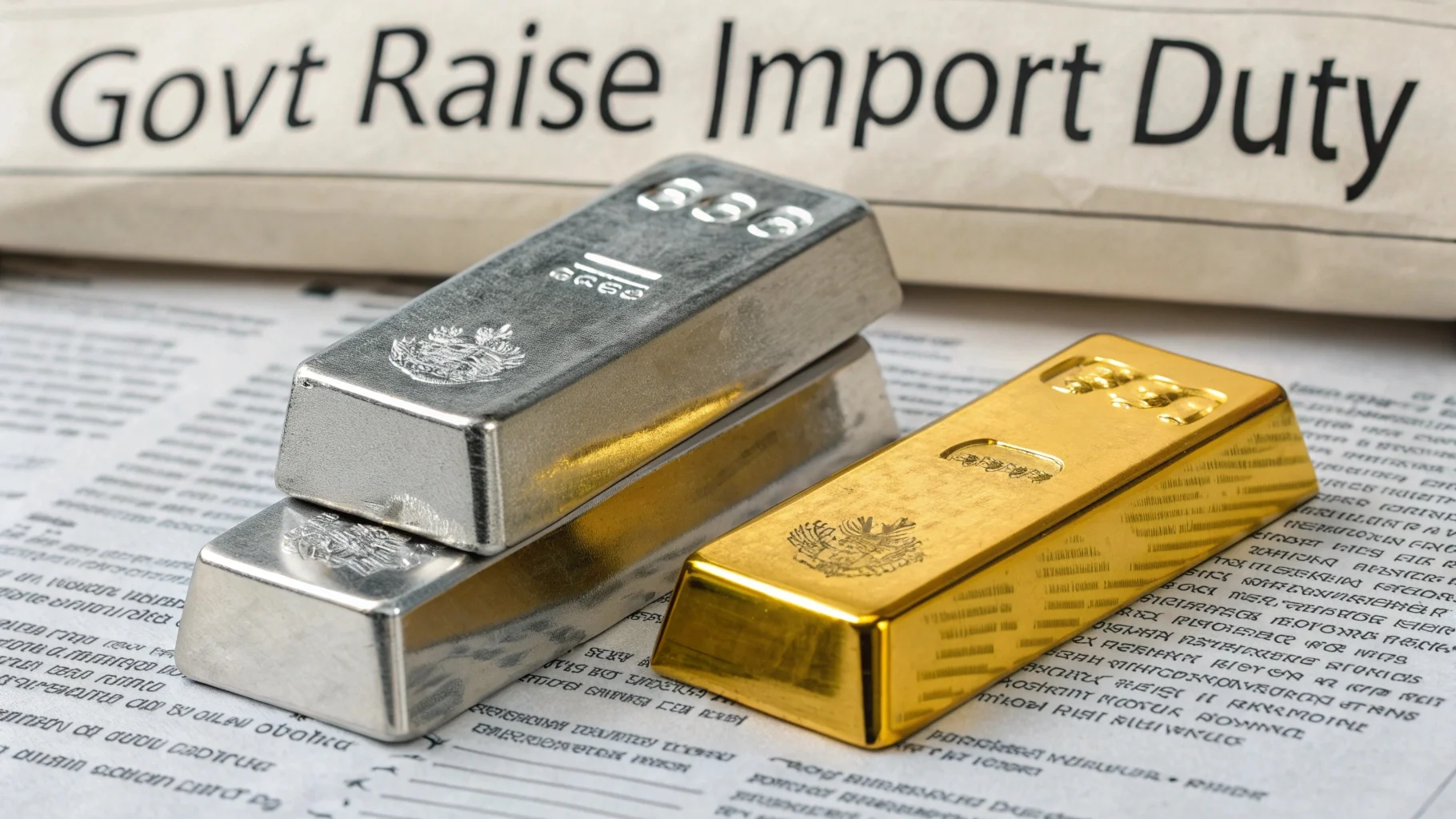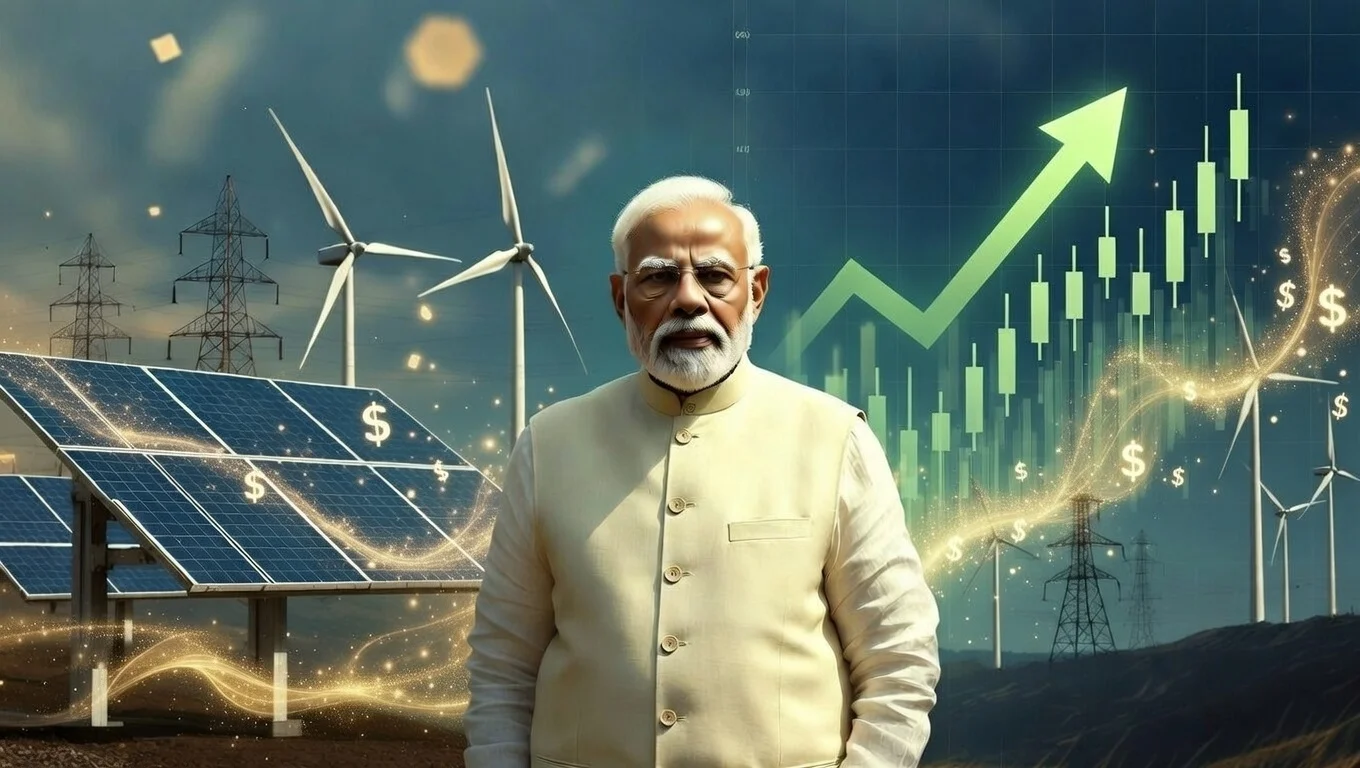Home >> Blog >> Top 5 BJP Leaders with Listed Companies in the Stock Market
Top 5 BJP Leaders with Listed Companies in the Stock Market
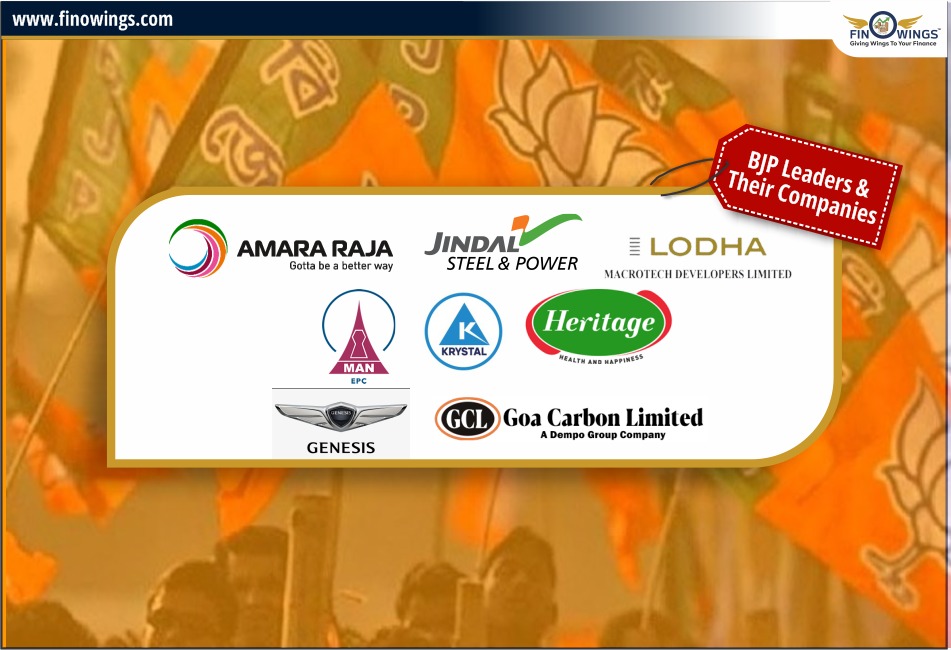
Table of Contents
Exploring the Connection Between Politics and Business
In the dynamic landscape of Indian politics, the interplay between political figures and the corporate world has always been a subject of intense scrutiny. As the nation gears up for the upcoming elections, the spotlight has once again shifted to the financial ties between key Bharatiya Janata Party (BJP) leaders and publicly listed companies. This article delves into the intriguing data that sheds light on these connections, offering a glimpse into the complex relationship between power and wealth.
Such Top Companies Under the Influence of Leaders
1- Heritage Foods: The TDP Connection
The first company on the list is Heritage Foods, a Rs. 3,328 crore enterprise. Its promoter, Nara Lokesh, was a former MLA of the Telugu Desam Party (TDP), an ally of the BJP. In 2019, the company's stock performance remained relatively flat, but since then, it has seen a remarkable surge, rising from around Rs. 272 to Rs. 484 currently. While the company's fundamentals and profitability have been a mixed bag, the coming years will be crucial in determining its trajectory, especially if the BJP's government is re-elected.
2- Amara Raja Batteries: The TDP Influence
Amara Raja Batteries, a Rs. 1,962 crore company, has a prominent political connection. The Galla Jayadev, who was active in TDP as MP from 2014 to 2024, serves as the MD. In 2019, the stock saw a significant post-result move, rising from Rs. 608 to around Rs. 800 levels. The company's sales growth and profit growth have been impressive, positioning it as a strong player in the industry.
3- Jindal Steel and Power: The Shifting Political Allegiance
Jindal Steel and Power, a Rs. 9,874 crore company, has an interesting political history. Its promoter, Naveen Jindal, was previously associated with the Congress party but has since joined the BJP. While his individual holding is only 1.02%, the Jindal family group holds a significant 61.2% stake in the company. With Naveen Jindal's recent shift to the BJP, it will be interesting to observe the company's performance in the coming years, especially after the 2024 elections.
4- Man Infra
Man Infra, a Rs. 7,670 crore company, has a former BJP MLA, Parag Shah, as its promoter. In 2019, the stock price was around Rs. 25, but it has since experienced a huge surge, currently trading at Rs. 161. The company's fundamentals have improved significantly over the last few years, making it an intriguing investment prospect.
5- Krystal Integrated
Crystal Integrated, a Rs. 950 crore company, has Prasad Lad, the BJP Vice President of Maharashtra and a member of the MLC, as its promoter. With a 69.96% holding, Lad's political influence is evident in the company's structure. Since the company was listed only in March 2024, there is limited historical data available, but its performance in the coming years will be crucial to monitor.
6- Goa Carbon
Goa Carbon is a Rs. 421 crore company that had Pallavi Daempeo as the Executive Director of Dempo Industries, which is the parent company of Goa Carbon. Interestingly, her husband, Shrinivas Dempo, was the BJP's Lok Sabha candidate from South Goa then. The stock has seen a remarkable journey during the past few years. The company's fundamentals have also improved significantly over the last few years, making it an interesting investment opportunity.
7- Macrotech Developers
Macrotech Developers, a behemoth with a market capitalization of Rs. 1 lakh crore, has MP Lodha, a former MLA, as a promoter. Lodha's holding in the company was 26.99% in 2021, and the stock has seen a remarkable journey, surging from Rs. 211 to Rs. 1,164 since its listing. However, the company's profitability has been quite volatile, and the investor's stake has been reduced over time.
Conclusion
As the political landscape in India continues to evolve, the connections between key BJP leaders and publicly listed companies have become increasingly intriguing. This data sheds light on the intricate web of relationships that exist between the corridors of power and the corporate world. It is crucial for investors and the general public to closely monitor these developments, as they can have significant implications for the performance of these companies and the broader economic landscape.
It is important to note that the information presented here is purely factual and does not constitute any investment advice or recommendations. Investors are advised to conduct their own due diligence and seek professional guidance before making any investment decisions.
DISCLAIMER
This blog is NOT any buy or sell recommendation. No investment or trading advice is given. The content is purely for educational and information purposes only. Always consult your eligible financial advisor for investment-related decisions.
Want to start Your Journey in stock market trading and investment? Join our Stock Market Class to become beginner to expert trader! We cover everything from the basics of trading to advanced strategies for picking stocks. Plus, we're offering a special discount for women and students. Don't miss out - enroll now and kickstart your path to success in the stock market!
Author
Frequently Asked Questions
Political affiliations often play a significant role in shaping the performance and trajectory of publicly listed companies in India. Promoters and key figures associated with political parties can impact investor sentiment, regulatory decisions, and government policies, thereby influencing the financial outcomes of these companies.
Several companies in India have prominent political connections, such as Heritage Foods, Amara Raja Batteries, Jindal Steel and Power, Man Infra, Crystal Integrated, Goa Carbon, Macrotech Developers, and Genesis. These connections range from former or current political leaders holding stakes in these companies to direct involvement in their management or promotion.
Investor sentiment towards companies with political connections can be influenced by factors such as perceived stability, regulatory favoritism, and policy support. Positive political associations may bolster investor confidence, leading to increased investment and stock performance, while negative perceptions could have the opposite effect.
Investors should conduct thorough due diligence when evaluating companies with political ties. Factors to consider include the track record of the company's performance, its business fundamentals, the regulatory environment, and the potential impact of political affiliations on its operations and growth prospects.
The intersection of politics and business can have significant implications for the broader economic landscape. It may influence market dynamics, corporate governance standards, regulatory frameworks, and overall investor confidence. Monitoring these developments is crucial for stakeholders to make informed decisions and navigate potential risks effectively.

